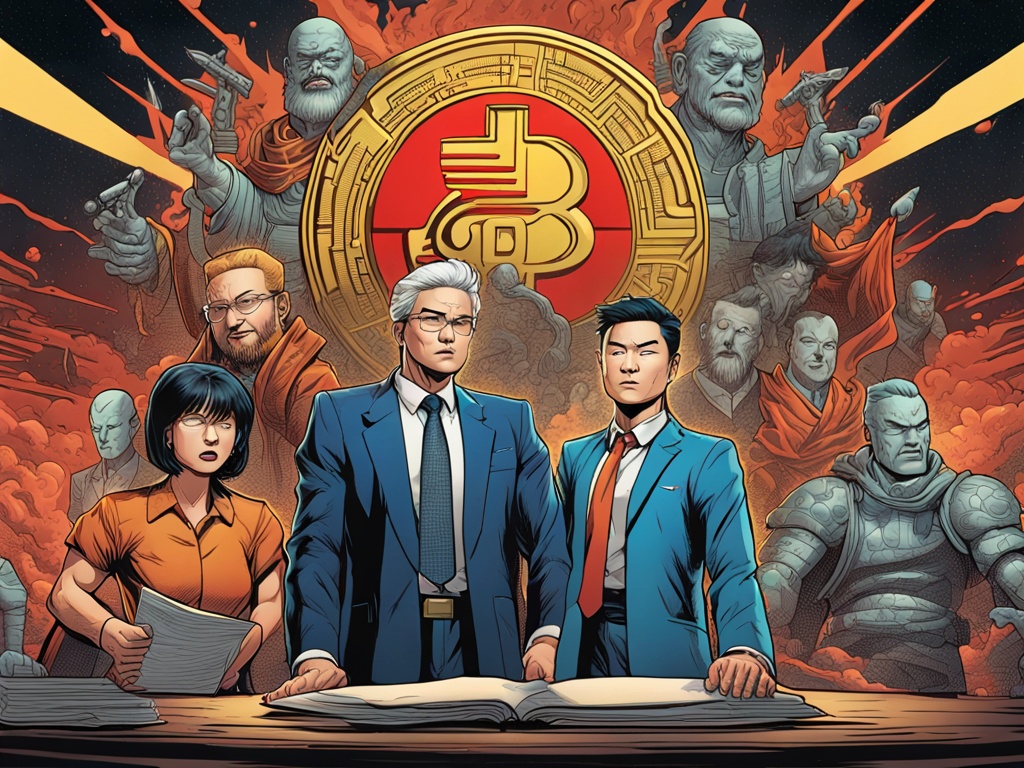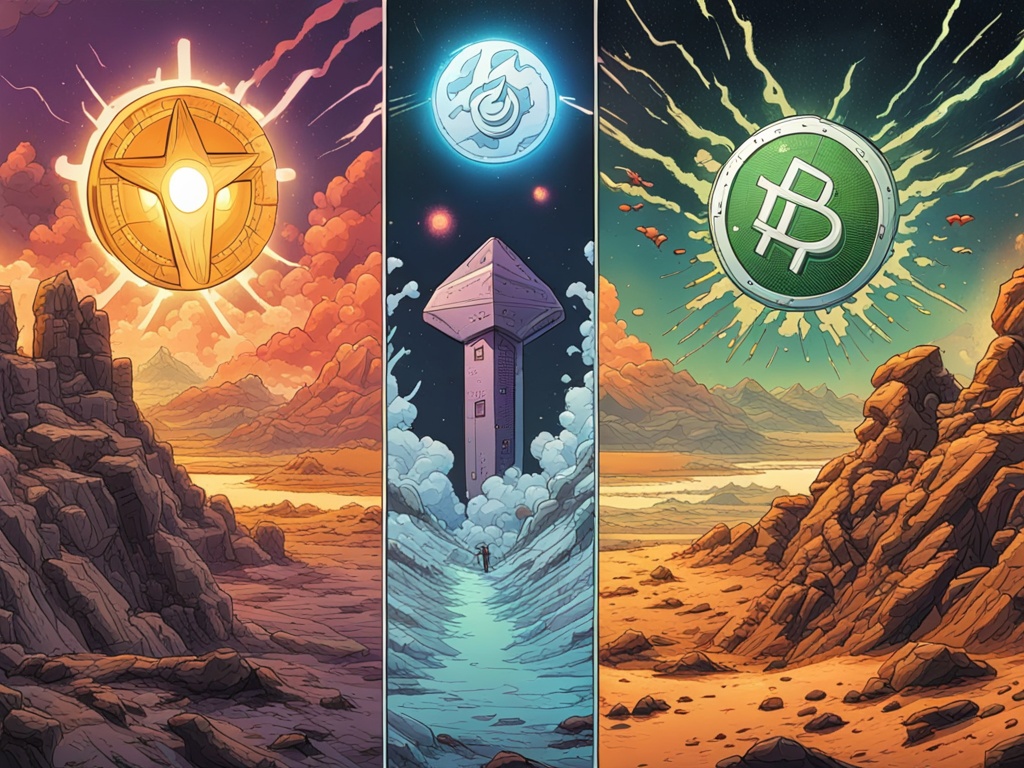💡 Evolving Legal Landscape for DAOs: California Court’s Landmark Decision
This year, a pivotal ruling emerged from California that affects decentralized autonomous organizations (DAOs). The decision has significant implications, classifying certain DAOs as general partnerships under state law, thus potentially holding their members liable for the activities undertaken by other participants. This ruling could reshape the regulatory landscape for decentralized governance models.
⚖️ Understanding DAO Governance and Legal Accountability
The case at hand was initiated by Andrew Samuels, an investor in Lido DAO’s native tokens known as LDO. Samuels argued that these tokens should have been registered with the U.S. Securities and Exchange Commission (SEC) before being offered to investors. He sought to hold Lido DAO accountable for his financial losses, claiming that the organization failed to comply with securities regulations.
In response, U.S. District Judge Vince Chhabria ruled that Lido DAO qualifies as a general partnership under California law. This classification means that members could be held legally responsible for the entity’s actions. This judgment identifies several significant institutional players, including Paradigm Operations and Andreessen Horowitz, as general partners due to their alleged involvement in Lido’s governance and operational decisions.
However, not all parties faced the same scrutiny; Robot Ventures was dismissed from the case, as insufficient evidence of its participation in Lido DAO’s activities was presented. The ruling conveys a critical message: the decentralized framework of a DAO does not provide immunity from legal accountability.
🌐 Broad Implications for Decentralized Governance
The ramifications of this decision could have extensive consequences for DAOs, many of which depend on a system of token-based governance. Miles Jennings, serving as the General Counsel for Andreessen Horowitz’s cryptocurrency division, expressed that the ruling presents a significant challenge to the principle of decentralized governance. He underscored that even minor engagement in a DAO’s operations, such as contributing to discussions in governance forums, might be enough to establish liability for a member’s actions.
This ruling is part of a growing surveillance on DAOs as they penetrate further into the financial sector. By treating DAOs as general partnerships, courts may impose responsibility on members for the collective actions of the organization, casting doubt on the assumption that decentralization effectively limits legal accountability.
The court’s interpretation further extends liability to governance frameworks in which token holders participate in decision-making processes and profit-sharing – a prevalent model among DAOs. This decision dismisses prior arguments suggesting that a lack of direct token sales could safeguard DAOs from securities law implications. It expands the definition of what constitutes an “offer or sale” to include promotional activities carried out through crypto exchanges.
The implications are profound, as discussions post-ruling revolve around a potential transformation in how DAOs function. Participants may be inclined to consider more formal legal structures to protect themselves from possible liabilities. This situation mirrors ongoing enforcement actions by regulatory bodies, including a recent case where the SEC penalized Mango DAO for the unregistered sale of $70 million in MNGO tokens, categorizing them as crypto asset securities.
Mango DAO faced severe penalties, which included a monetary fine and actions to terminate the MNGO tokens in circulation. This case reiterates the importance of compliance with securities regulations and signifies that simply being a DAO does not exempt an entity from registration requirements.
🔥 Hot Take: A New Era for DAOs
This year marks a transformative period for decentralized organizations, pushing them to reconsider their operational structures in light of the recent California court ruling. The establishment of legal liability in DAOs could compel organizations to adopt precautionary measures, ensuring compliance with regulatory standards. As the landscape becomes increasingly complex, participants should remain vigilant about their involvement in DAOs and understand the potential repercussions that may arise from their activities within these decentralized frameworks.





 By
By


 By
By
 By
By